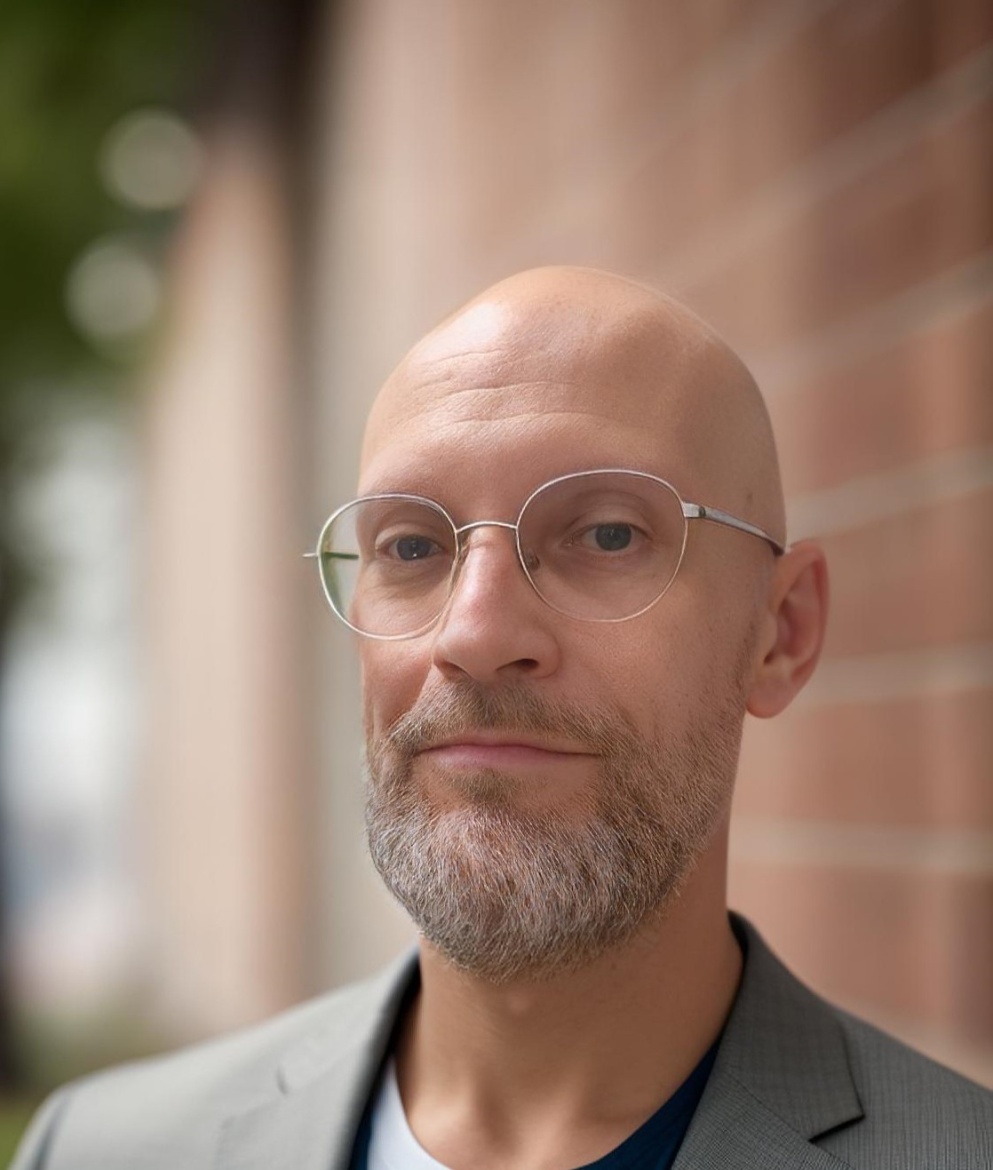The reasons for hesitancy are complex. Undoubtedly misinformation through social media, conspiracy theories, and some questionable eschatological teaching from a minority of churches contributed. However, some had genuine ethical reasons, concerned about the role of cell lines that may have originated from an aborted fetus in the 1970s in vaccine production and testing. Rather than collude with what they saw as evil, a minority of Christian health and social care workers saw vaccine refusal as the only option.
There is no doubt that Covid vaccines were vital in getting the UK, and much of the rich world, out of the worst of the COVID-19 pandemic. So, while we continue to take a different position on Covid vaccines to some Christians, CMF fully supports their right to freedom of conscience. [3] Indeed, if we had not taken such a stance, we would have been hypocritical in our advocacy for the right to freedom of conscience in other areas.
But the other significant issue was that when the health and social care workforce was already overstretched, we could effectively have sacked over 100,000 workers across both sectors. The impact would have been devastating.
CMF was not alone in this concern. The RCGP, RCN, and other professional bodies expressed similar concerns to Government, who this February wisely paused the measure subject to a (very) brief consultation. It has now reversed its social care vaccine mandates policy and is no longer pursuing them for NHS or social care staff.
We still need to convince those deceived by vaccine misinformation of the safety and efficacy of Covid vaccines. We will continue to advocate for the development of vaccines not tested on controversial cell lines. But this episode and its historical antecedents show that mandates tend to harden the position of a small minority of vaccine-hesitant individuals rather than persuade them; dialogue, advocacy, and persuasion are more effective. [4]
































